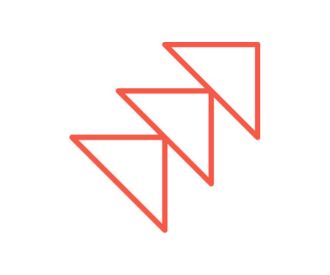Insights
Ideas, perspectives and updates from the people doing the work. From AI strategy to engineering practices to company news, this is how we think about solving hard problems.
Ideas, perspectives and updates from the people doing the work. From AI strategy to engineering practices to company news, this is how we think about solving hard problems.
Executive Summary: Why Cognitive UX Is Becoming the New Competitive Advantage for Enterprise Leaders.
